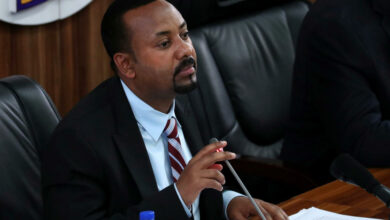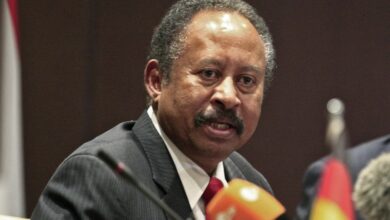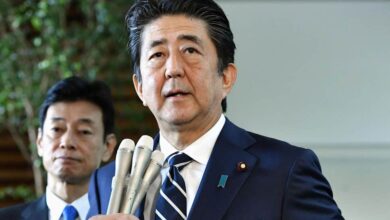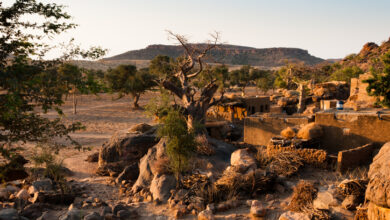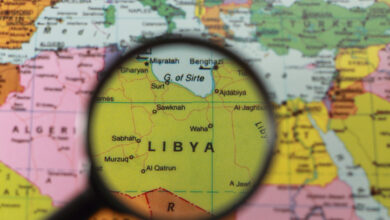World
Sudan’s Government To Implement A Nine-Month Economic Rescue Plan Beginning Next Month
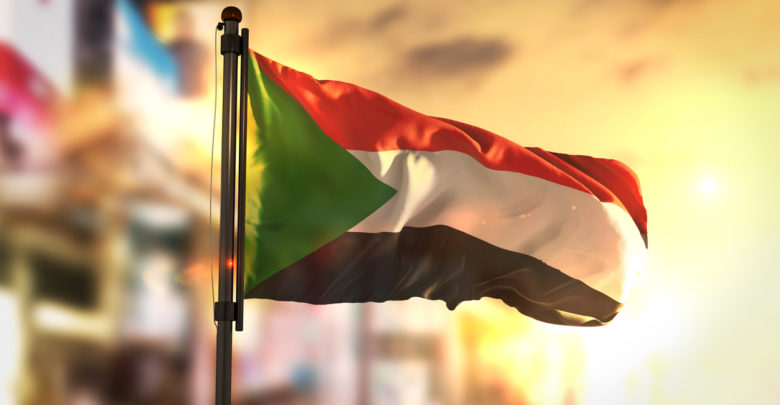
Sudan’s Finance Minister Ibrahim Elbadawi on Monday said the country’s newly formed transitional government will launch a nine-month economic rescue plan next month aimed at curbing growing inflation while ensuring supplies of basic goods, reported Reuters.
Elbadawi said Prime Minister Abdalla Hamdok will ask the World Bank for $2 billion (£1.61 billion) in a bid to support the country’s economic condition during his current visit to New York. Hamdok will also request the World Bank to second and fund three Sudanese experts to work in Sudan during the country’s political transition.
Notably, the mass protests that led to the ousting of ruler Omar al-Bashir in April was initially sparked by shortages of bread, fuel, and medicine coupled with hefty price rises in the country. Sudan’s economy has remained in turmoil as politicians negotiated a power-sharing deal between the military and civilians. The transitional government, led by Prime Minister Hamdok, was appointed earlier this month.
The finance minister told reporters the new plan would restructure the budget and tackle inflation but leave bread and petrol subsidies in place until at least June 2020. It would also combat corruption.
“It aims … to restructure the banking sector, rationalise government spending, address the state’s financial burden and review tax exemptions, because 60% of economic activity is tax exempt,” Elbadawi said.
He added that the Sudanese government needs billions of dollars to import basic goods such as fuel and flour. Fuel subsidies account for 8 percent of gross domestic product. He said the government wants to replace commodity subsidies with direct cash transfers to poor families by the end of the rescue plan.
As the United States still lists Sudan as a state sponsor of terrorism, the country has not yet been able to get monetary support from the International Monetary Fund and World Bank.


